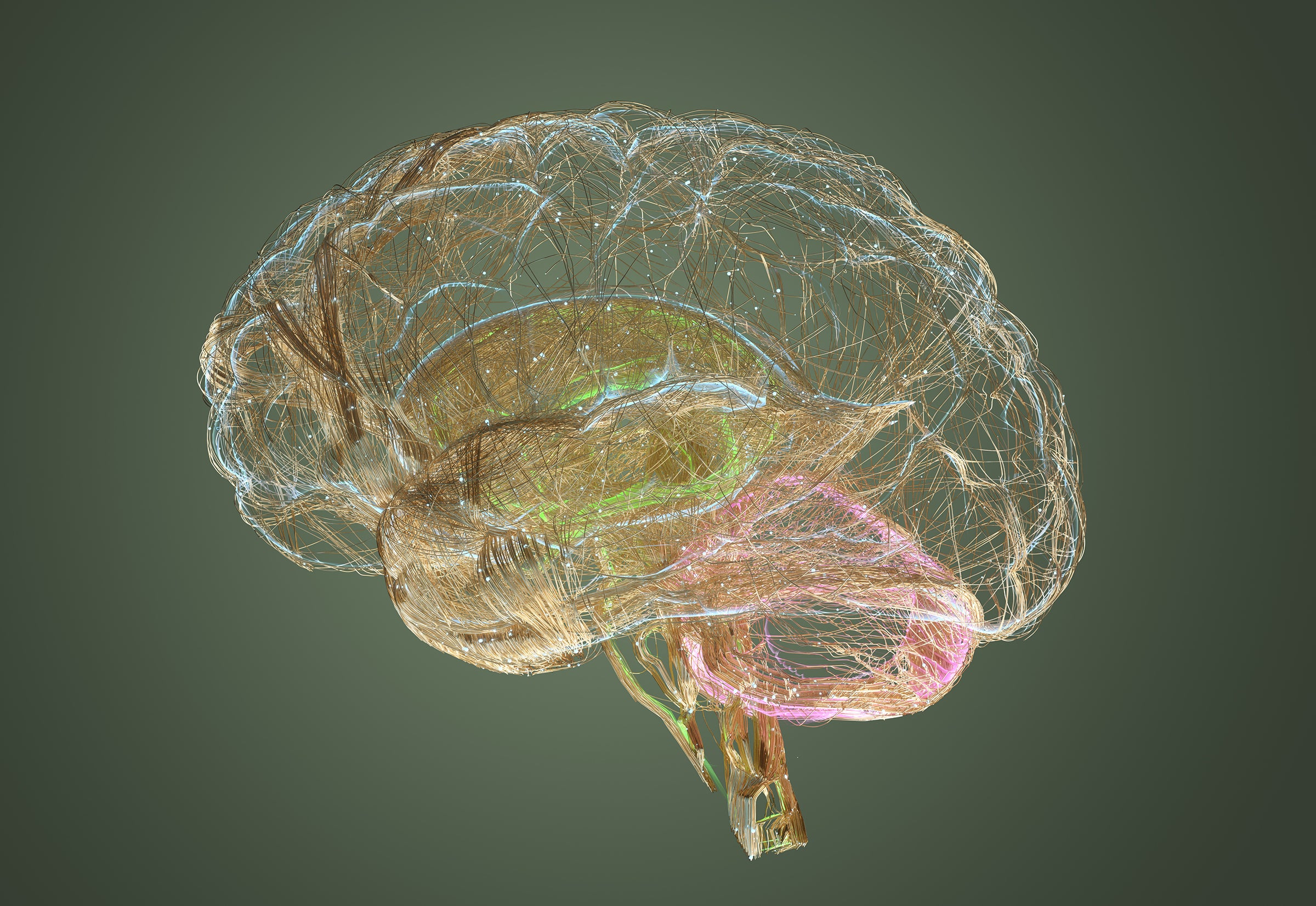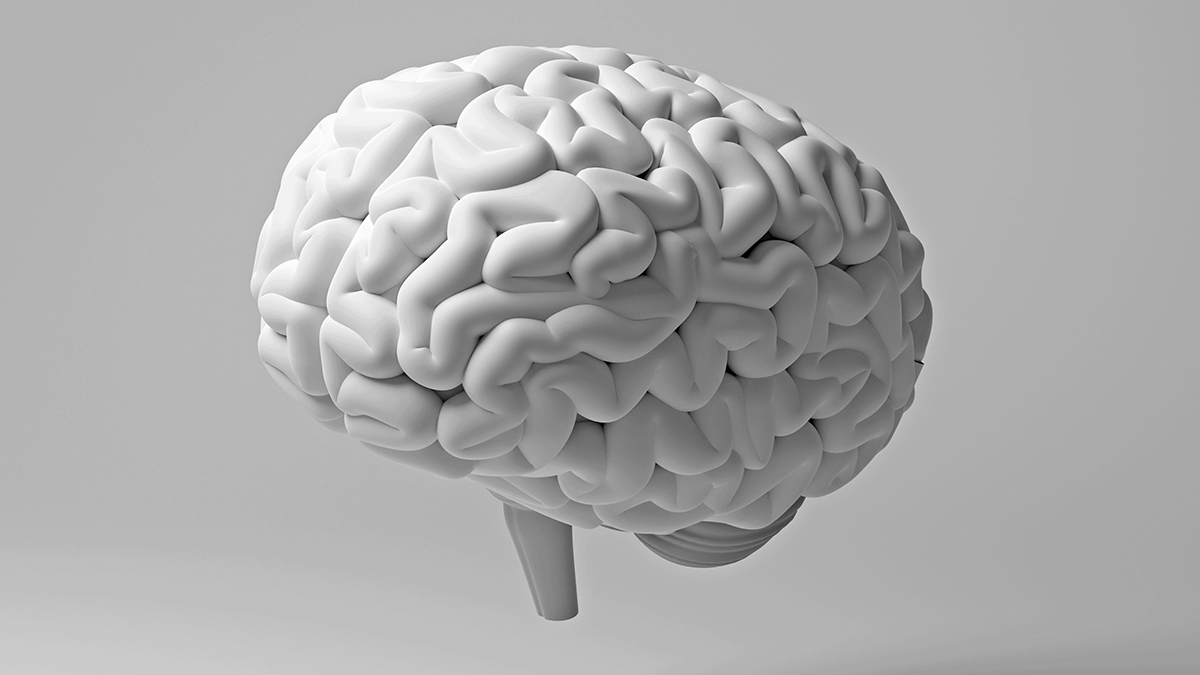Get the latest Science News and Discoveries
Brain-like learning found in bacterial nanopores
Scientists at EPFL have unraveled the mystery behind why biological nanopores, tiny molecular holes used in both nature and biotechnology, sometimes behave unpredictably. By experimenting with engineered versions of the bacterial pore aerolysin, they discovered that two key effects, rectification and gating, stem from the pore’s internal electrical charges and their interaction with passing ions. The team even built nanopores that imitate brain-like “learning,” hinting at future applications in bio-inspired computing and ion-based processors.
None
Or read this on ScienceDaily
